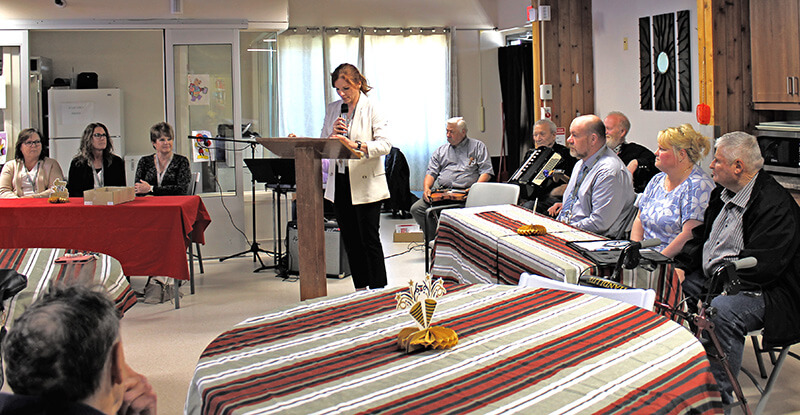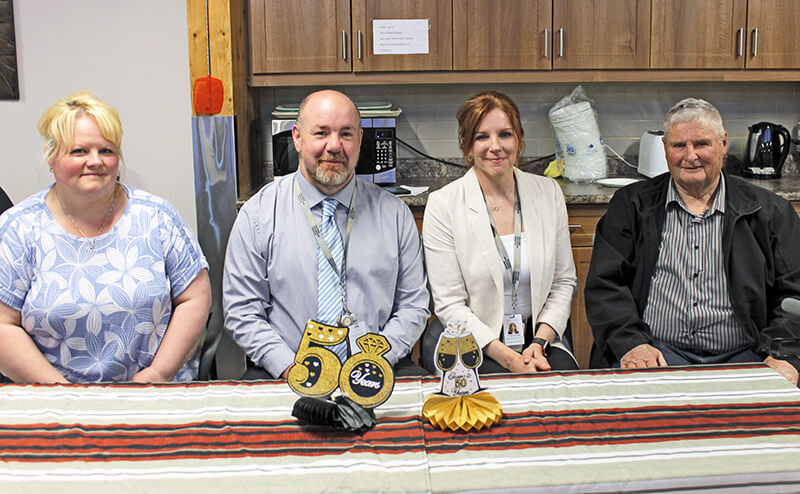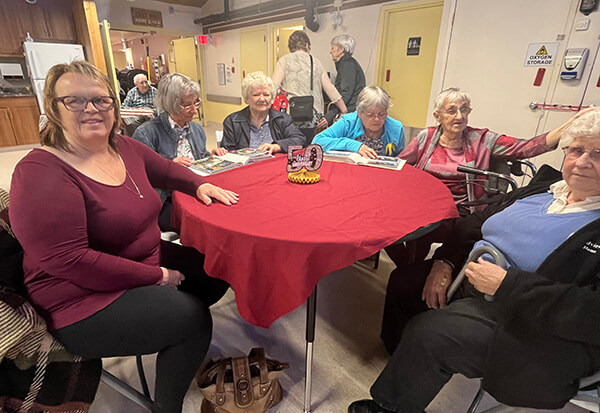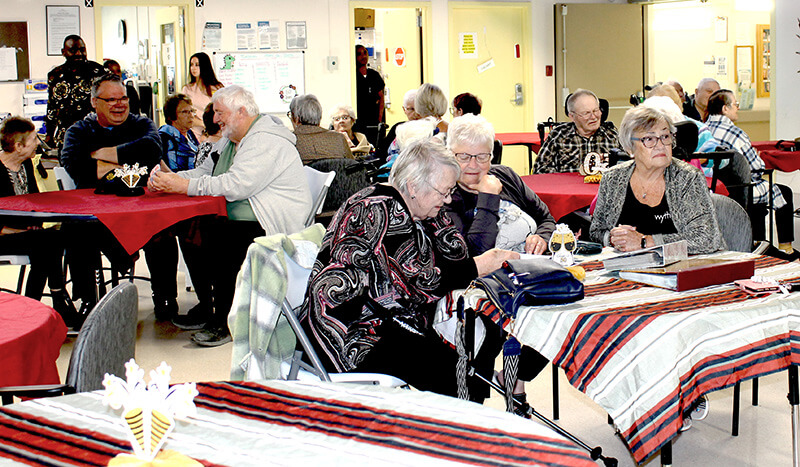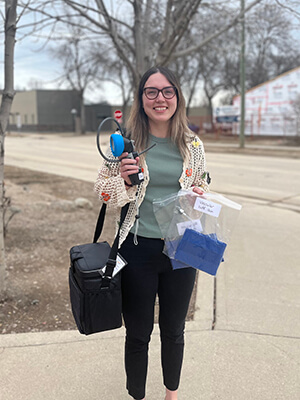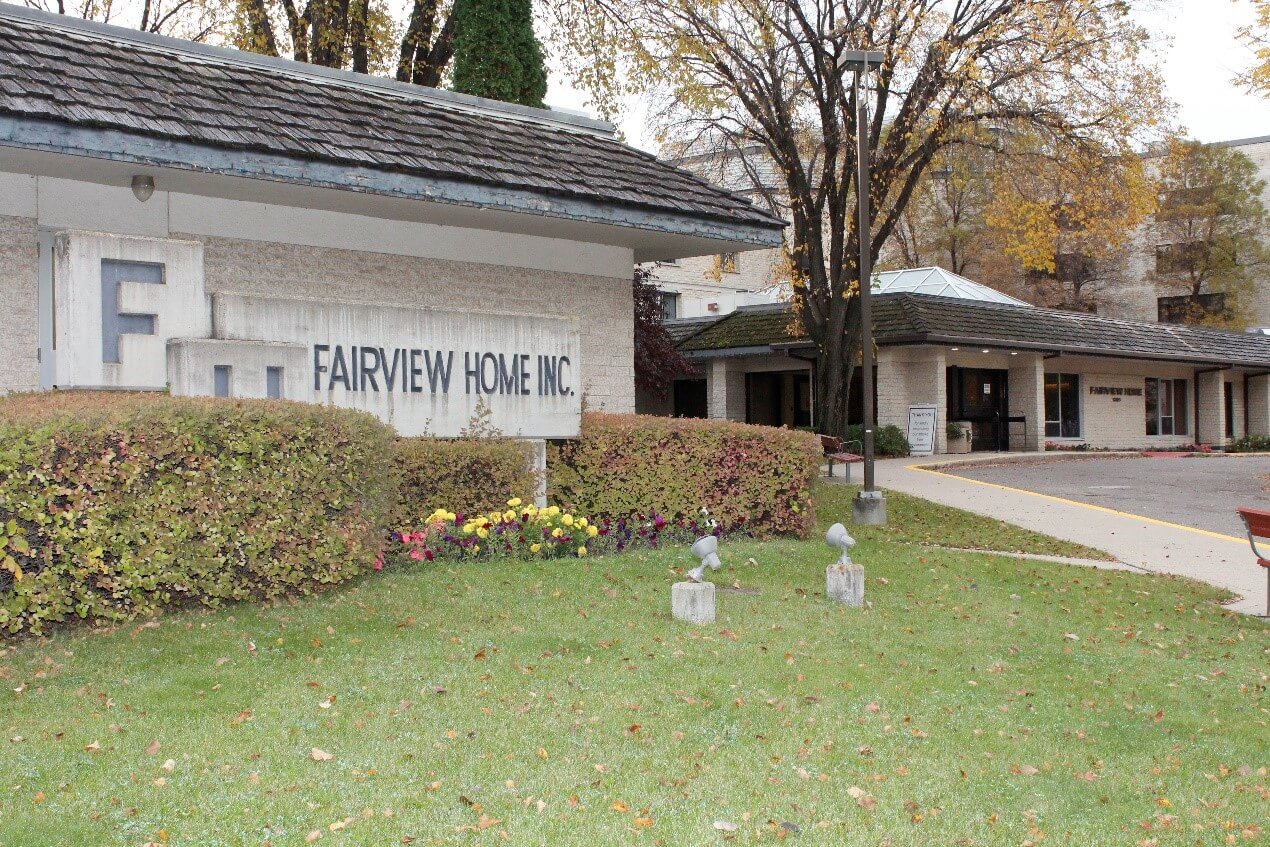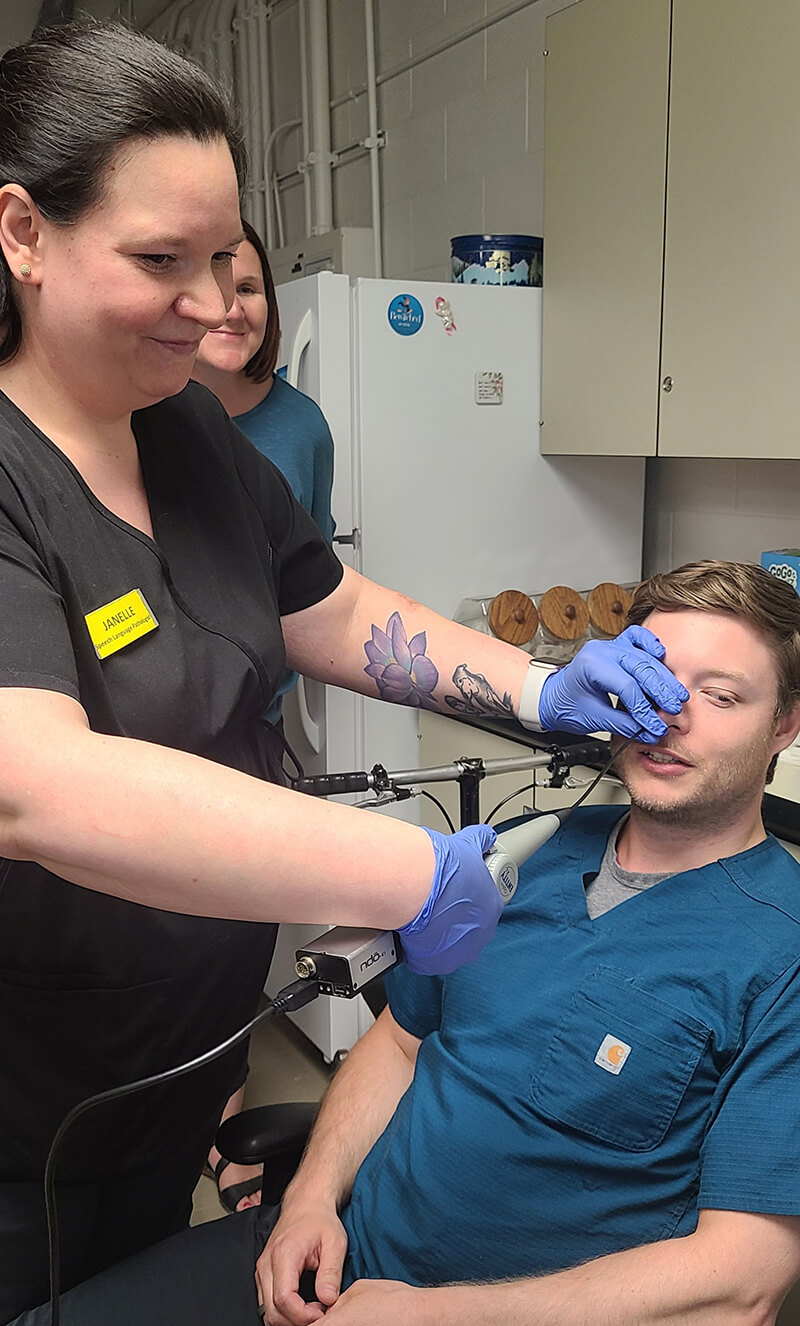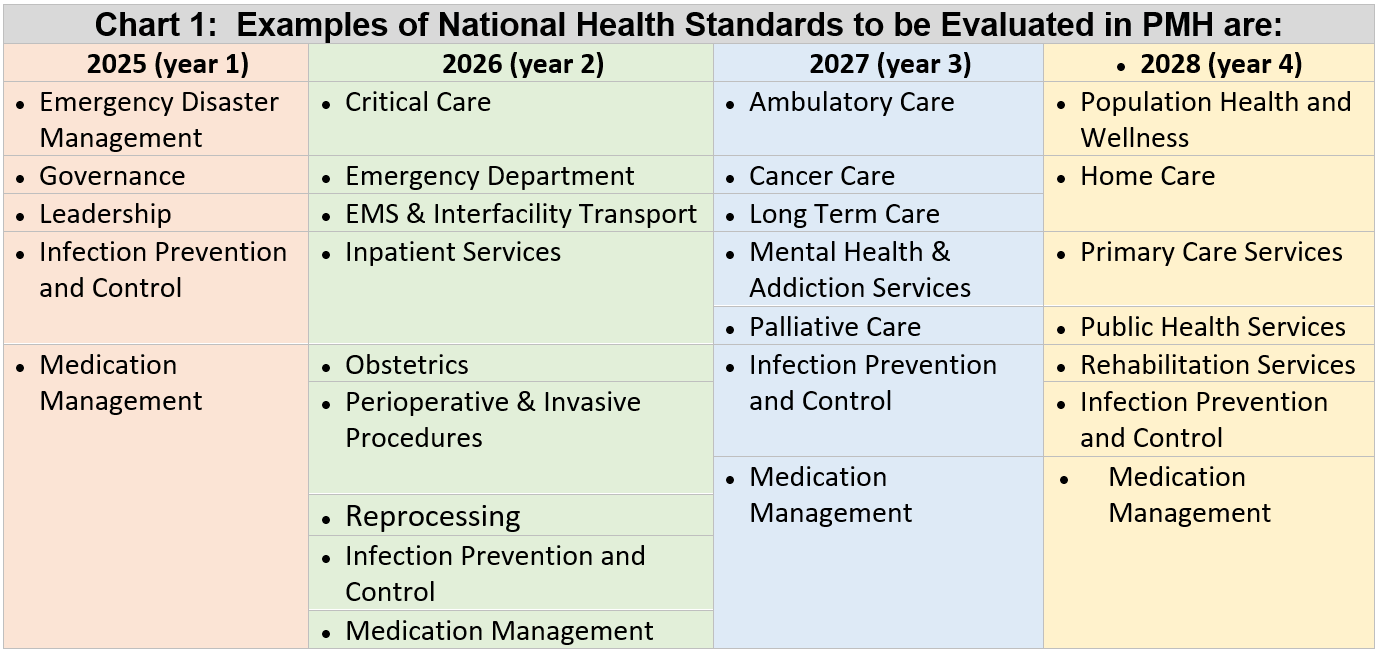May 7th is International Harm Reduction Day!
Harm Reduction can be defined as “as policies, programs and practices that seek to reduce the adverse health, social and economic consequences of the use of legal and illegal psychoactive substances. Harm reduction is pragmatic and focuses on keeping people safe and minimizing death, disease and injury associated with higher risk behavior, while recognizing that the behavior may continue despite the risks.” Government of Manitoba Health, Seniors and Long Term Care”
Some everyday examples of harm reduction include wearing sunscreen; resources on safer smoking, injecting, snorting, tobacco, alcohol consumption & vaping; wearing a seat belt; access to barrier free safer substance use supplies (smoking and injection supplies); and safer sex supplies, wearing a helmet while riding a bike and carrying naloxone.
Working from a harm reduction approach doesn’t just mean access to safer drug use supplies and Sexual Transmitted Blood Borne Infection (STBBI) testing. Harm Reduction is more than that – it’s a way of working with people in client centered, trauma-informed, anti – oppression lens. Testing clients and identifying those who are positive for a STBBI then helps providers empower those clients to take measures to minimize the risk of harm to others.
Below are PMH’s Principles of Harm Reduction:
Acceptance and Understanding – Accepts, that licit and illicit drug use is part of our world and chooses to work to minimize its effects rather than simply ignore or condemn them.
Humanism – recognizes that people do things for a reason; harmful health behaviors provide some benefit to the individual and those benefits must be assessed and acknowledged to understand the balance between harms and benefits.
Social Determinants – recognizes that the realities of poverty, class, racism, social isolation, past trauma, sex-based discrimination and other social inequalities affect both people’s vulnerability to and capacity to effectively dealing with drug – related harm. Understands drug use as a complex, multi-faceted phenomenon that encompasses a continuum of behaviors from severe use to total abstinence, and acknowledges that some ways of using drugs are safer than others.
Peer informed – ensures that people who use drugs and those with a history of drug use routinely have a real voice in the creation of programs and policies designed to serve them.
Client Centered & Non- Judgmental – calls for the non-judgmental, non – coercive provision of services and resources to people who use drugs and the communities in which they live in order to assist them in reducing harm.
Promotes Autonomy and Dignity – Affirms that people who use drugs themselves as the primary agents of reducing the harms of their drug use an seeks to empower people who use drugs to share information and support each other in strategies which meet their actual conditions of use.
In recognition of National Harm Reduction Day, the following events will be taking place:
- Brandon, May 7th
- 1pm – 2pm, Princess Park – Community Spring Clean Up
- Morning supply distribution outreach with MHRN & Healthy Sexuality and Harm Reduction
- May 21st Spring Testing and Resource Event – Princess Park from 12pm-3pm.
- Dauphin, May 7th from 1-3, CN Park – Community Spring Clean Up
- Swan River, May 7th, STBBI Testing – Location and time to be determined
- Carberry, May 7th Carberry United Church – outreach van will be doing STBBI testing, supply distribution from 9-11am
- Carberry Motor Inn – outreach van will be doing STBBI testing, naloxone training and distribution and supply distribution from 12:30-2:30.
